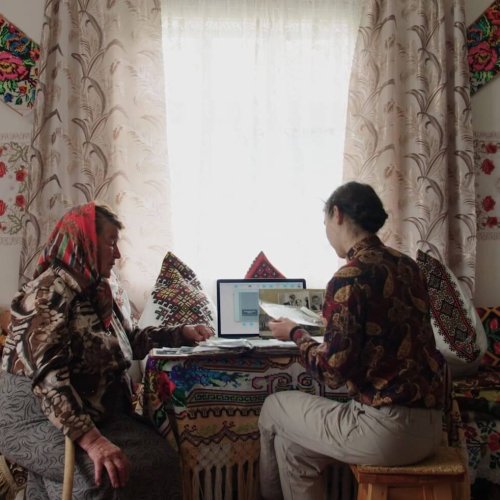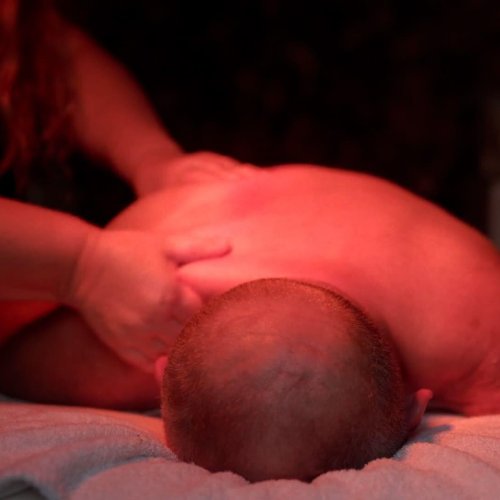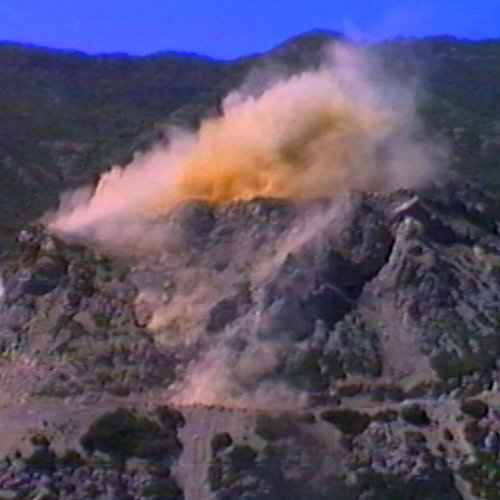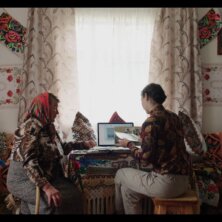Living
INTINERARY
5
Personal circumstances and quality of life are part of the private conversation among filmmakers but rarely transcend into public discussion or relate to creative processes and production. This itinerary proposes a transversal and intersectional view that provides a broad and human vision of documentary filmmaking. It will address aspects such as learning, training and the filmmaker's experience; the wellbeing of documentary practice in relation to health, care, conciliation or economic remuneration and the geographies of creation that condition production and the development of communities and networks.
- producing
- directing
- script
- cinematography
- sound
- editing
- color
- graphics
- sound design
- mixing
- music
- distribution
- sales agents
- film programming
Learning documentary practice undoubtedly shapes the profession’s future development. Although specialised schools and study programmes in documentary film have emerged around the world in the last two decades of the twenty-first century, many documentary filmmakers have received training in other fields or have taught themselves through personal experience. The development of real-life cinema has traditionally been linked to other disciplines such as anthropology, politics, philosophy, and history, as well as to other artistic branches such as literature, theatre, architecture, and digital arts.
A creative activity, such as filmmaking, must be healthy and compatible with life both inside and outside of the workplace, just like any other professional performance. However, this subject necessitates in-depth reflection. Physical and mental health in the workplace, teamwork, and personal life balance are all important considerations. The precarious nature of documentary film production can sometimes conflict with vital economic stability, forcing many professionals to seek alternative sources of income. All of these factors, among others, can result in the abandonment of film projects as well as frustration. This chapter delves into the essential well-being of filmmakers.
The geographical territory from which the filmmaker operates is another fundamental axis that determines the practice of documentary film. The imbalance between the peripheries and the epicentres, which have powerful audiovisual ecosystems and consolidated cultural policies, condition the size of the productions and the possibilities of disseminating the films. At the same time, the place of residence and creation determines the options for building communities and networks that allow the filmmaker a collective and shared reflection in relation to his cinematographic practice.”



